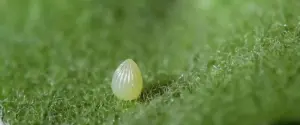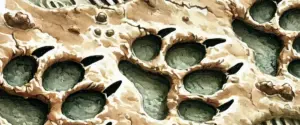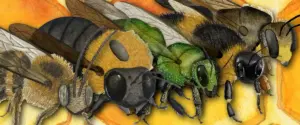

Turkey Tail
Many-zoned polypore, Cloud mushroom, Coriolus versicolor (an older scientific name)
Trametes versicolor
This page may contain affiliate links.
Read our disclosure and privacy policy here.
The Turkey Tail mushroom is a well-known polypore fungus with a stunning multicolored appearance that resembles the plume of a turkey’s tail. Due to its wide range of potential health benefits, it’s been an essential ingredient in traditional medicine, especially in Asia, for centuries.
Turkey Tail
Common Name
Other Names
Latin Name
Distribution
Appearance
Size
Habitat
Diet
Lifecycle
Defense Mechanisms
Ecological Importance
ConservationThe act of protecting and preserving natural resources and the environment. Conservation efforts are important to protect beavers and their habitats. Learn More Status

There’s a lot to explore right where we are, in our own neighborhoods and backyards! Join us while we get off the couch and explore the everyday wonders of nature, science, space, engineering, art, and anything else we stumble upon during on our adventures.







